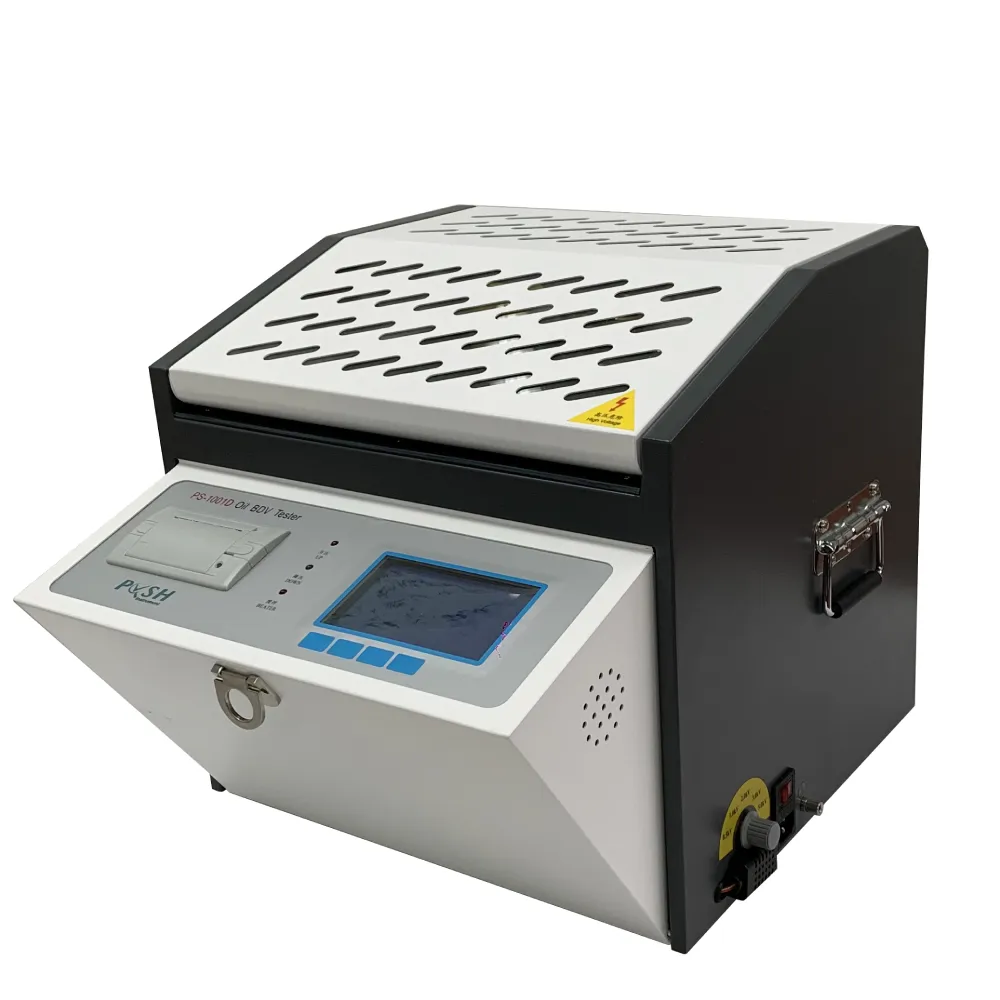 English
English


Ground Loop Impedance Measurement Tool for Reliable Electrical System Testing
Understanding Ground Loop Impedance Testers
Ground loop impedance testers are essential instruments used in electrical engineering and safety testing. They play a crucial role in ensuring that electrical systems are properly grounded, which is vital for both the safety of personnel and the integrity of equipment. Ground loops occur when there are multiple ground points in an electrical system, leading to differences in voltage that can create unwanted noise, interference, or even equipment damage.
The primary function of a ground loop impedance tester is to measure the impedance of the grounding system, which is the total opposition that the current encounters while flowing through the grounding path. This measurement is critical because it helps determine how effectively a ground path can carry fault currents away from sensitive equipment, reducing the risk of electrical shock or fire.
Ground loop impedance can be affected by various factors, including soil resistivity, ground rod configuration, and the presence of nearby conductive materials
. A properly functioning grounding system minimizes the potential differences that can cause ground loops, ensuring a stable and reliable electrical environment.To perform a ground loop impedance test, the tester typically consists of a pair of test leads that are connected to the grounding system. The instrument sends a known current through the ground and measures the resulting voltage. Using Ohm's Law (V = IR), the tester calculates the impedance by dividing the voltage by the current. The resulting value is then analyzed against established standards to determine if the grounding system is adequate.
ground loop impedance tester

Ground loop impedance testers are commonly used in various applications, including commercial buildings, hospitals, data centers, and industrial facilities. These locations often have complex electrical systems where the risk of ground loops is higher, and any interference can lead to significant operational issues. Regular testing helps identify potential problems before they escalate, ensuring that the grounding system remains effective.
In addition to ensuring safety, maintaining low ground loop impedance is essential for the performance of sensitive electronic equipment. Devices such as computers, medical instruments, and communication systems can be adversely affected by excessive noise and interference caused by poor grounding. Therefore, using a ground loop impedance tester can help safeguard not only human lives but also critical technological operations.
Moreover, regulatory standards often require regular testing of grounding systems. Compliance with standards such as the National Electrical Code (NEC) and International Electrotechnical Commission (IEC) guidelines is vital in many industries. These regulations help ensure that electrical systems are designed and maintained to prevent hazards associated with improper grounding.
In conclusion, ground loop impedance testers are indispensable tools that aid in maintaining the safety, reliability, and performance of electrical systems. By providing accurate measurements of ground impedance, these testers enable engineers and technicians to ensure that grounding systems are functioning effectively, preventing issues related to ground loops, and ultimately protecting both people and equipment from electrical hazards. Regular testing and adherence to industry standards are critical for the long-term integrity of electrical installations.
-
Differences between open cup flash point tester and closed cup flash point testerNewsOct.31,2024
-
The Reliable Load Tap ChangerNewsOct.23,2024
-
The Essential Guide to Hipot TestersNewsOct.23,2024
-
The Digital Insulation TesterNewsOct.23,2024
-
The Best Earth Loop Impedance Tester for SaleNewsOct.23,2024
-
Tan Delta Tester--The Essential Tool for Electrical Insulation TestingNewsOct.23,2024





